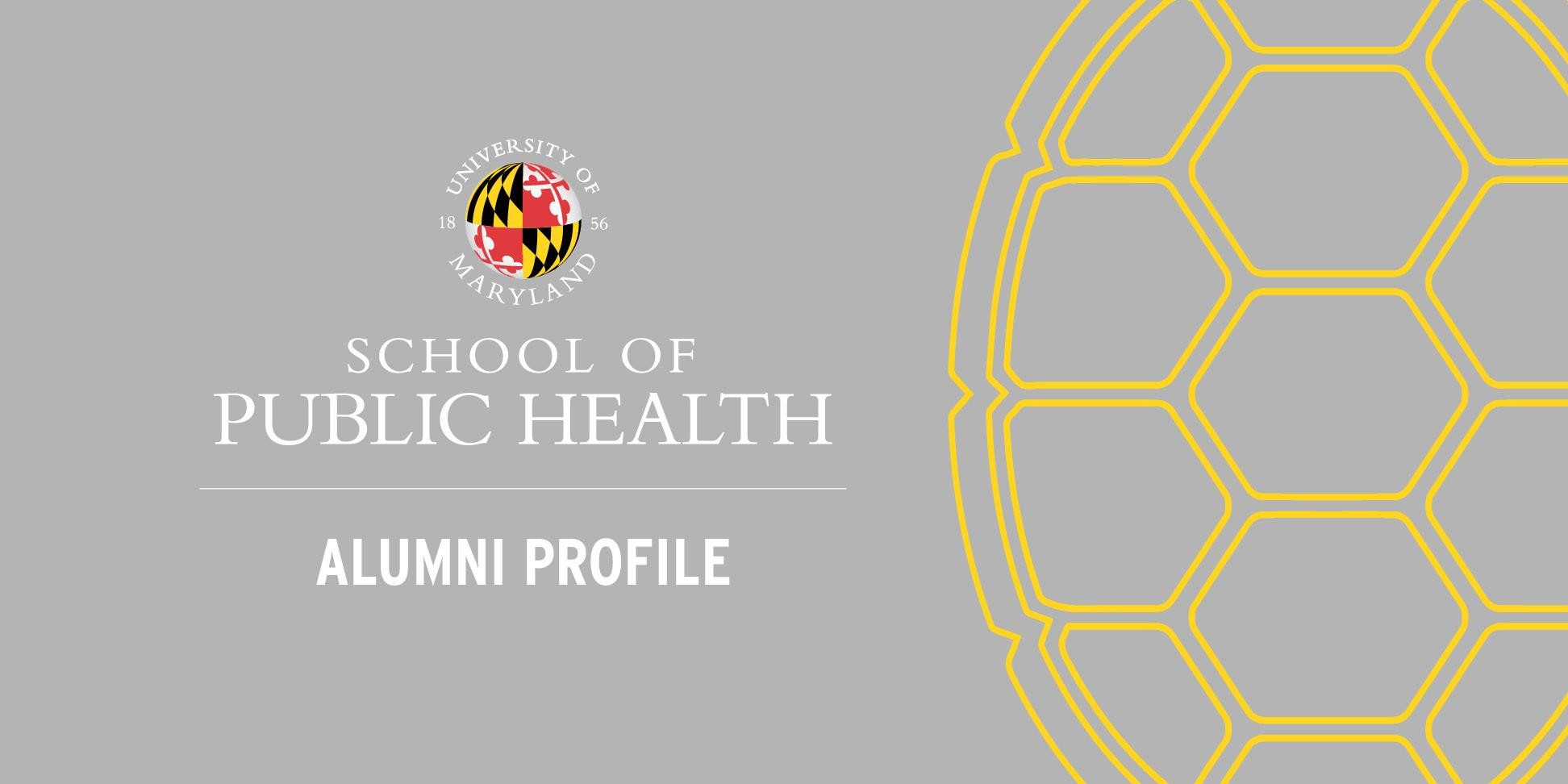

Brittany Chambers
Bachelor of Science, Community Health
Brittany Chambers graduated from the University of Maryland's School of Public Health in 2011 with a Bachelor of Science degree in community health. She went on to earn her Master of Public Health degree at Drexel University's School of Public Health, where she co-authored two peer-reviewed articles and completed an eight-month Health Disparities Research Fellowship. She also completed a six-month Emerging Leaders Program from Mount Sinai Health System.
Brittany has used her education to advance public health as a health educator at Kaiser Permanente Capitol Hill Medical Center and works as a Senior Education Manager for the Center to Advance Palliative Care. Additional accomplishments include being a Member of Planning Committee of the Center to Advance Palliative Care (CAPC) National Seminar, acting as both a Moderator and Poster Presenter at the APHA Annual Meeting & Expo and an election to the Member of Division Board for Professional Development, National Commission for Health Education Credentialing Inc.
In one sentence, what is public health to you?
Public health is prevention, reducing human suffering and eliminating health disparities through education, advocacy and providing science-based solutions to problems.
What inspired you to study public health?
After taking my first public health class at UMD, I realized that I truly found my calling. The more I learned about the significance and impact of public health, the more it reaffirmed my confidence and belief that this was the ideal career path for me. Public health fulfills my desire to educate and promote the importance of healthy living for diverse and underserved populations.
What do you think is the biggest challenge that the public health field should be focusing on?
I believe that one of the most prevalent public health issues we are still facing today is achieving health equity for underserved groups. There is still a lot of work to do to reduce the gap in accessibility and quality of care for populations in disadvantaged communities. As a field, we need to collaborate with other sectors to implement community-based interventions to eradicate the inconsistent access to care for communities who experience subpar health care. With the continuous dedication and hard work of public health supporters, it is something that I truly believe we can improve upon and one day eliminate.
Why did you choose public health at UMD?
The University of Maryland School of Public Health’s mission focuses on the reduction of health disparities through explicit training in addressing the social determinants of health in the state of Maryland and this directly aligns with my personal mission, beliefs and values. Training from a university that uses a social justice framework gave me confidence in my ability to continue on this path of becoming a national health equity leader. UMD’s program ensured classroom learning was applicable in real-world settings. Those teachings provided the foundation that I needed to reach, achieve and implement my career goals.
How has your degree program at UMD’s School of Public Health shaped your career goals?
The UMD program truly helped to establish my career trajectory. Learning evidence-based strategies and approaches for health education proved to be beneficial and provided me with the necessary skills and abilities to become a Master Certified Health Education Specialist (MCHES). I’ve used the skills from UMD as I completed my Master’s program from Drexel University, and over the last four and a half years in my role as a Senior Education Program Manager at the Center to Advance Palliative Care in NYC. The completion of my degree program at UMD’s School of Public Health affirmed my commitment to equitable access to high-quality care for all groups. Now, I have the distinct opportunity to ensure that our clinical training content is culturally and socioeconomically responsive in addressing the unique needs of underserved patients.
What person or experience had the greatest impact on you during your degree program?
During my sophomore year, I had the opportunity to work as a Research Assistant with Dr. Mia Smith-Bynum on an NIH-funded study that investigated how parental communication about coping with racial discrimination served to protect African American adolescents from its negative psychosocial impacts. The findings helped to inform public policy and the design of health interventions to help African American families facing these challenges. The experiences in the lab at UMD conducting research with African American families from a variety of backgrounds played a critical role in my decision to attend graduate school at Drexel University, where I completed a competitive, rigorous, eight-month health disparities fellowship, designed to train students to pursue careers as health disparities researchers. Those transformative experiences have helped shape me into the aspiring health equity leader that I am today.